Merino Wool: The Finest Natural Fiber for Luxury and Comfort
Merino wool is one of the finest and softest natural fibers in the world. It offers unmatched comfort, breathability, and versatility. As a result, it has become a key material in luxury clothing, high-performance sportswear, and premium undergarments.
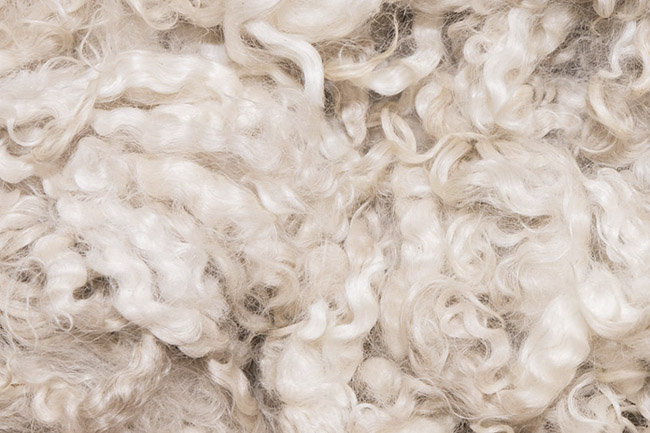
What is Merino Wool?
Merino wool’s production spans across the globe. First, Australia leads in Merino wool’s quality, contributing about 40% of the global supply. Next, New Zealand plays an important role in Merino wool’s output. Finally, South America also supports Merino wool’s worldwide production.
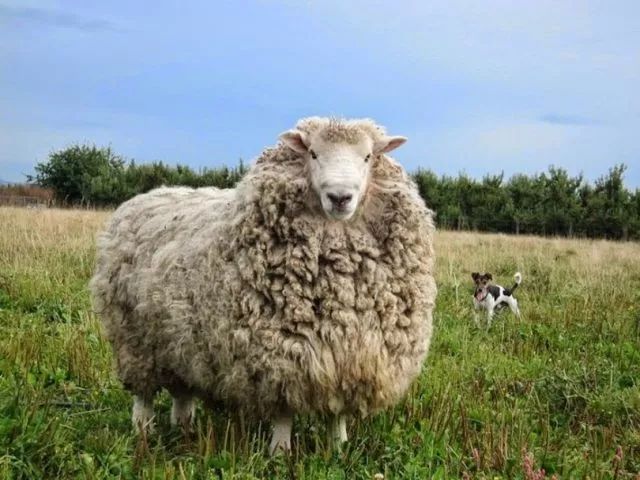
Advantages of Merino Wool's Origin
Merino wool’s quality from Australia is arguably the finest and softest fiber in the world. It stands as a gift from nature to mankind, and no other natural or synthetic fibers can compare to it.
While Australia also produces other types of wool, such as those for home textiles or decoration, only Merino wool’s quality stands out. This wool is primarily used to create luxury garments, high-end sportswear, and premium underwear.
Designers prefer Merino wool for its exceptional quality and versatility. No other fiber can rival Merino wool’s texture, appearance, and wearing experience, which are all of the highest standard.
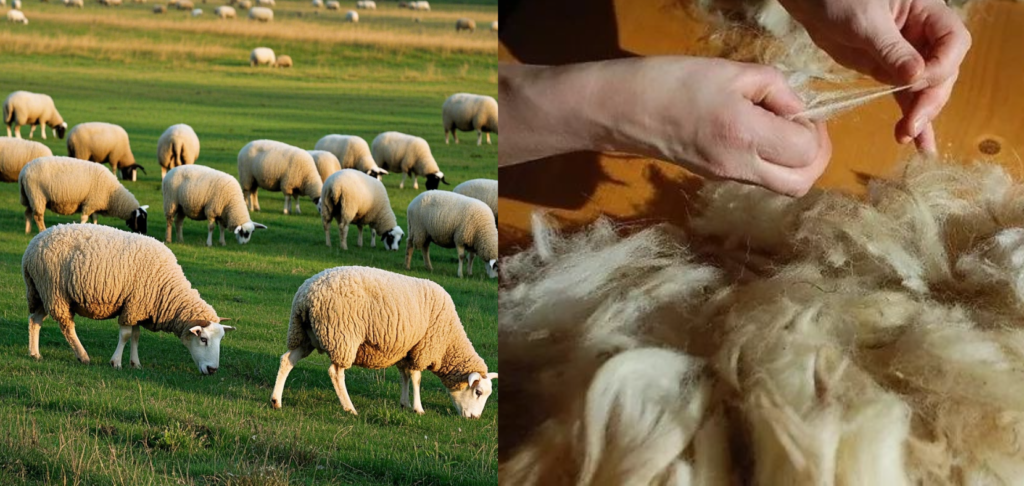
Merino Wool Harvesting
Farmers in Australia raise Merino sheep sustainably. Unlike synthetic fibers, Merino wool’s production relies entirely on natural processes. Sunlight, clear water, fresh air, and green grass all contribute to its growth. Each year, farmers harvest new wool. Furthermore, Merino wool’s production is fully recyclable, making it an eco-friendly choice.
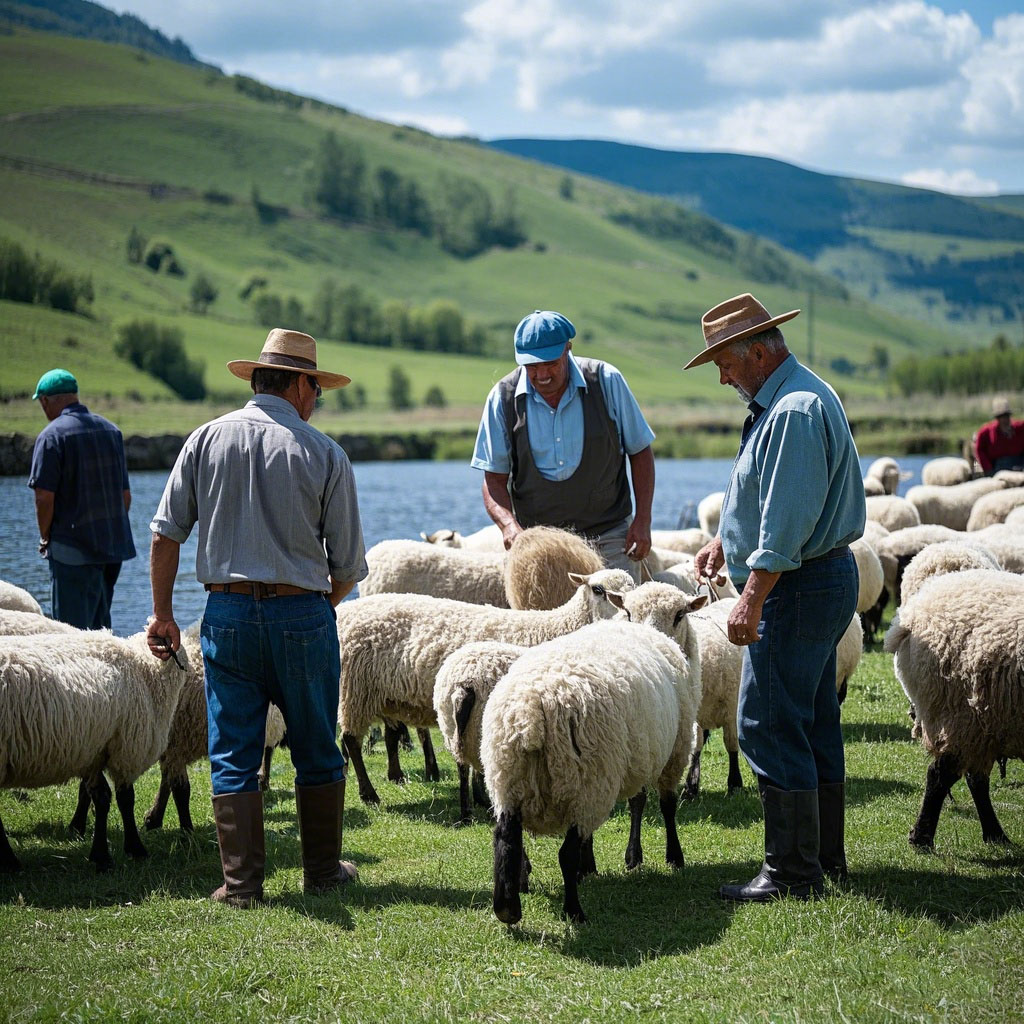
Merino Wool VS. Regular Wool
① Difference in Fineness – Merino wool is famous for its fine texture, much finer than ordinary wool. High-quality Merino wool’s fineness can reach less than 11.7 microns, which makes it the finest among all wool types. Based on its fineness, wool can be classified into four quality grades:
1. Superfine Merino: 70 count and above, with an average fiber diameter of less than 19.5 microns. This wool is only one-tenth the thickness of a human hair.
2. Fine Wool: Quality count of 70-66, with an average diameter of 18-20 microns.
3. Medium Wool: Quality count of 66-64, with an average diameter of 20-22 microns.
4. Coarse Wool: Quality count of 64-60, with an average diameter of 23-25 microns.
The higher the count, the softer and more delicate the wool becomes. It doesn’t prick the skin and offers better warmth retention.
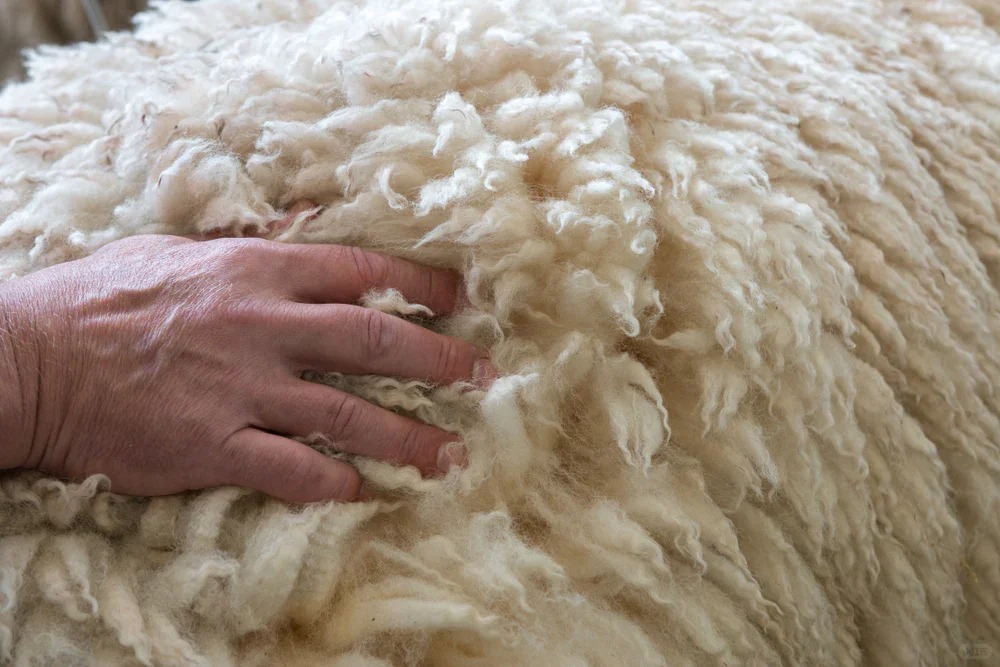
② Difference in Texture – feels very delicate and is comfortable to wear directly on the skin. In contrast, ordinary wool feels rough and can cause itching or prickling when worn close to the skin.
③ Difference in Elasticity – has better elasticity compared to ordinary wool. It quickly returns to its original shape after being stretched or pulled.
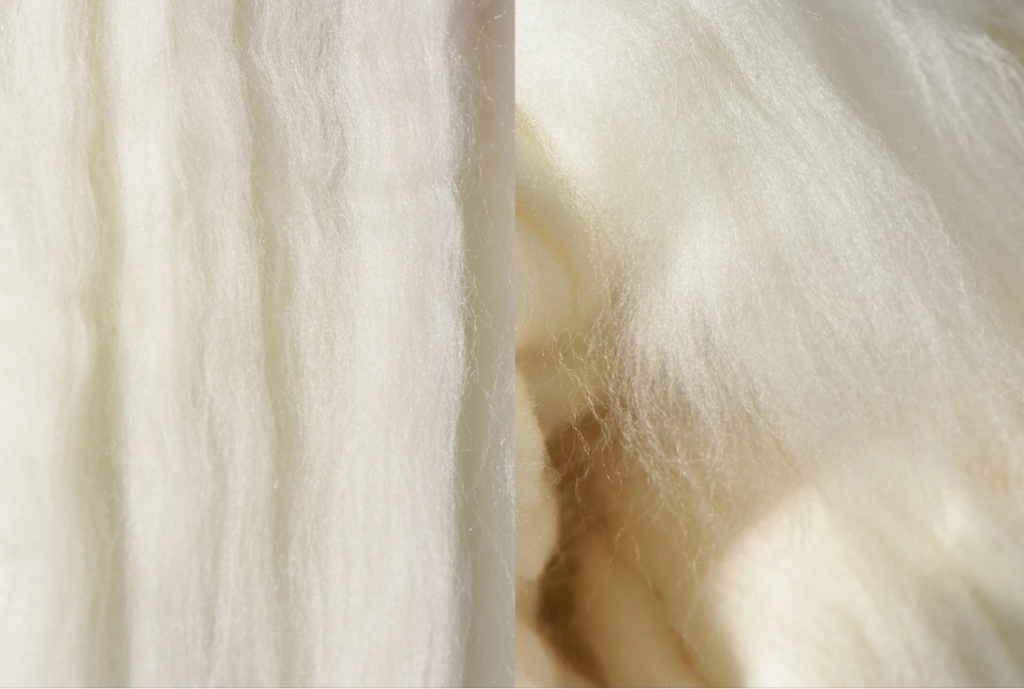
④ Difference in Value – High-quality Merino wool’s price is several times higher than that of regular wool. Moreover, products made from this wool, after undergoing special shrink-proof treatments, can be machine-washed without losing their natural qualities and benefits.
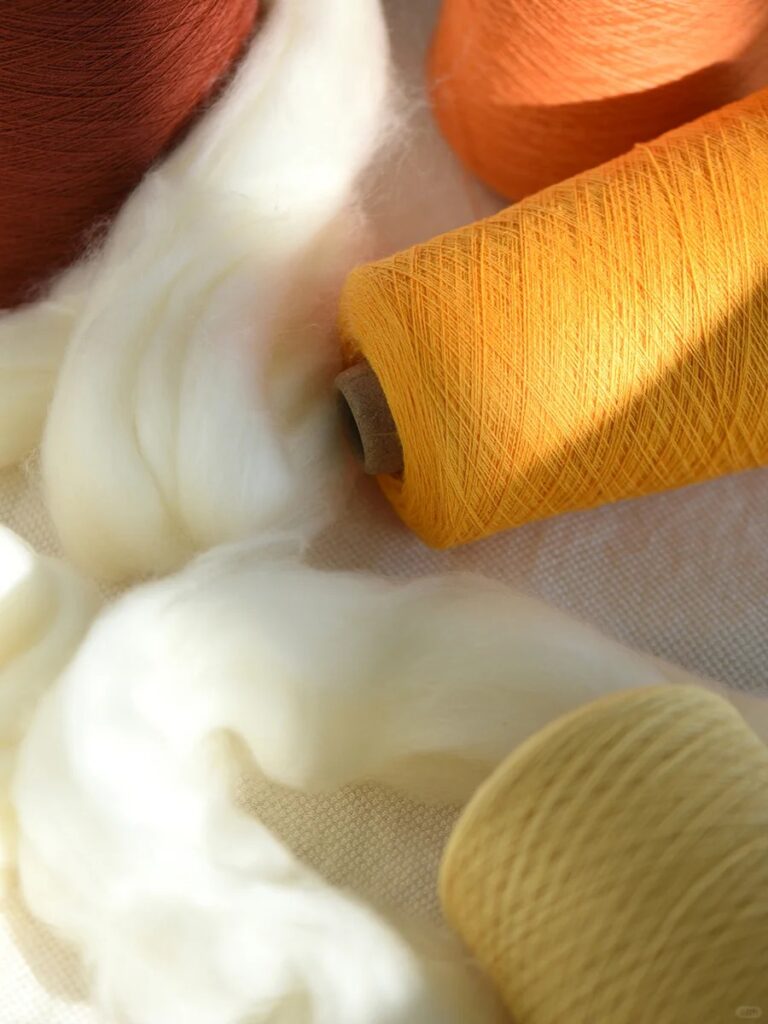
Advantages of Merino Wool
I. Good Drapability – It’s finer and softer than other wools. As a result, garments made from Merino wool’s fibers have excellent drapability and fluidity.
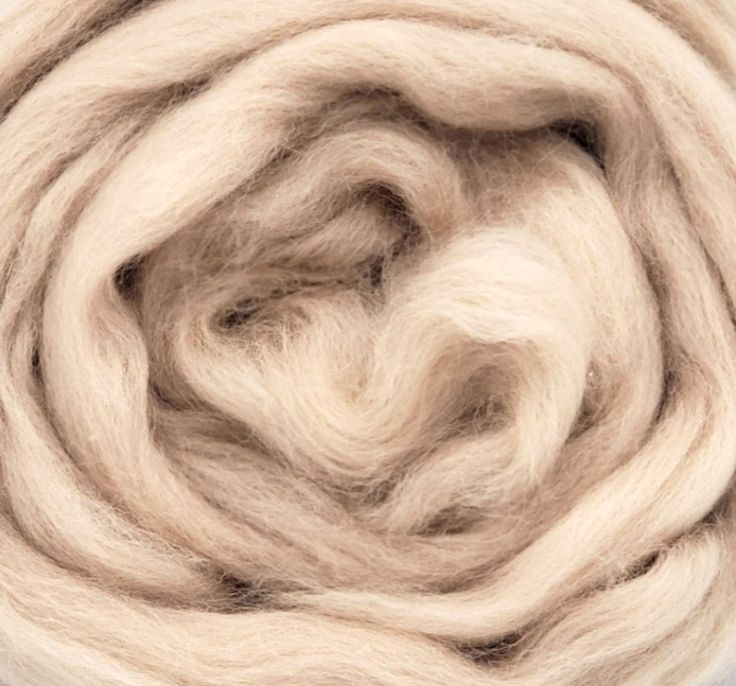
II. Good Extensibility – The fiber structure and slight curliness of Merino wool’s fibers give it strong elasticity. As a result, clothing made from it can return to its original shape after being worn, washed, or laid flat for some time.
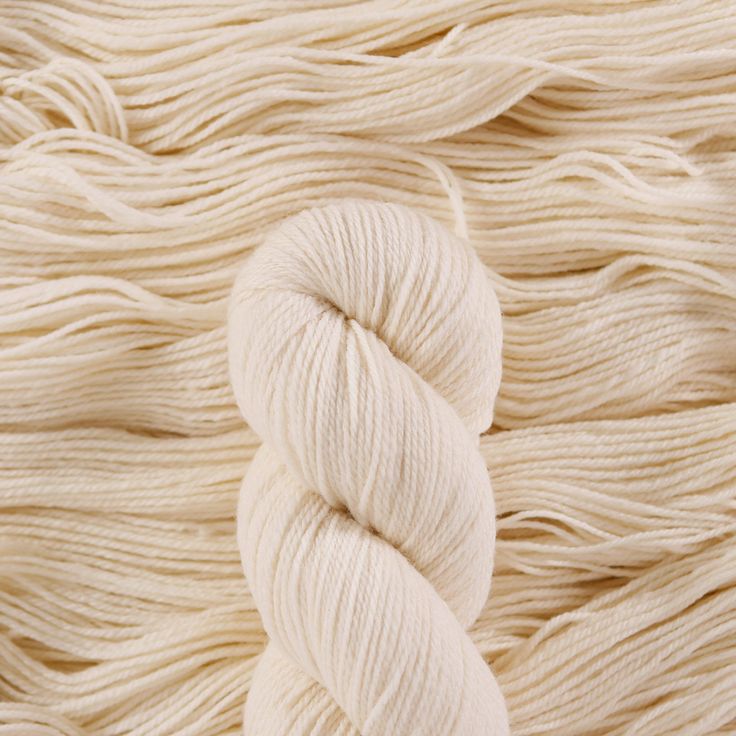
III. Comfortable and Breathable – It’s extremely fine, making it smoother and more skin-friendly. It can absorb water vapor and release it into the air, which gives it excellent breathability.
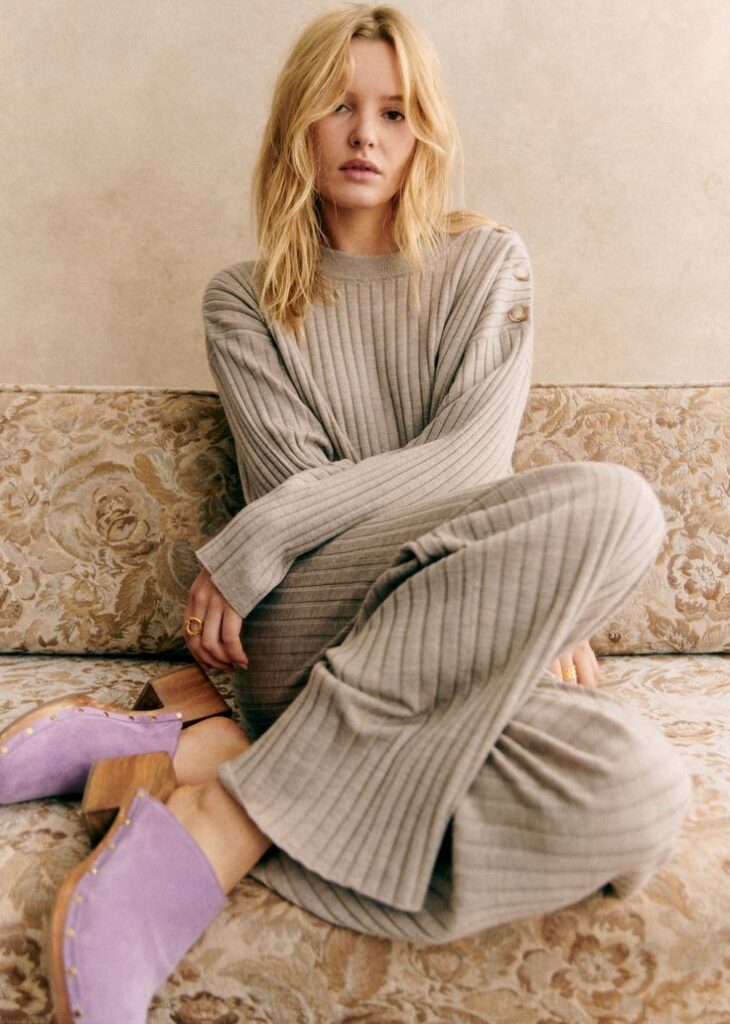
IV. Warm in Winter and Cool in Summer – It’s an active fiber that adjusts to changes in body temperature. This makes it warm in winter and cool in summer.
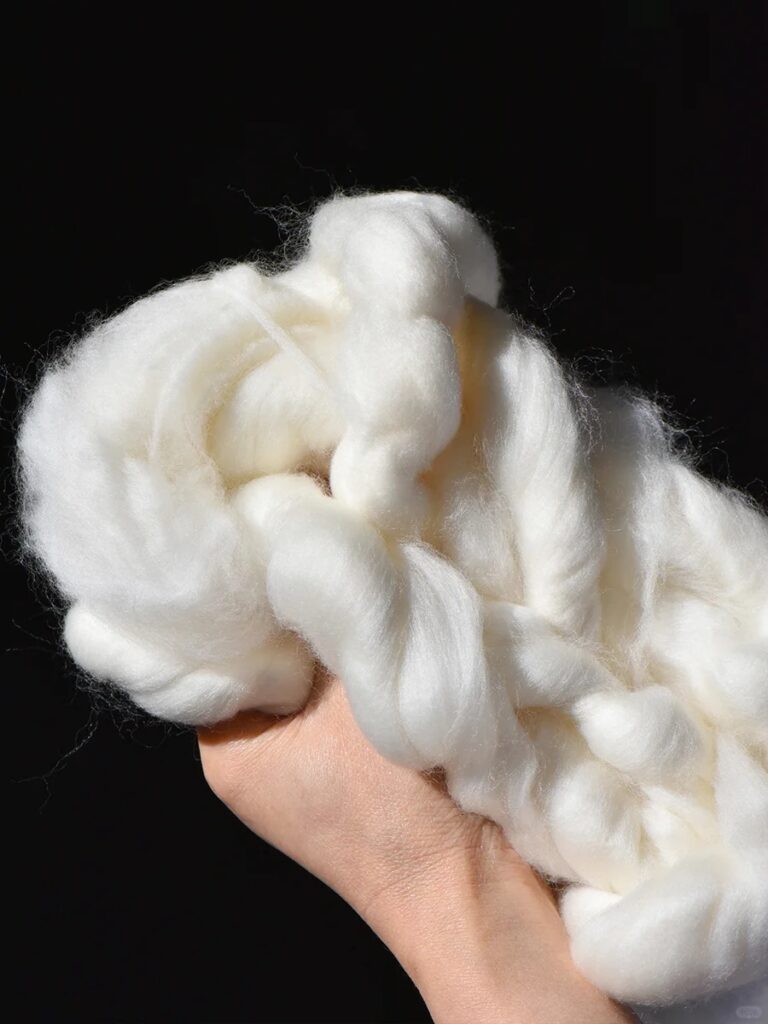
V. Soft and Comfortable – Merino wool’s fine fibers make it more flexible than coarser wool. This gives it extraordinary smoothness and comfort on the skin.
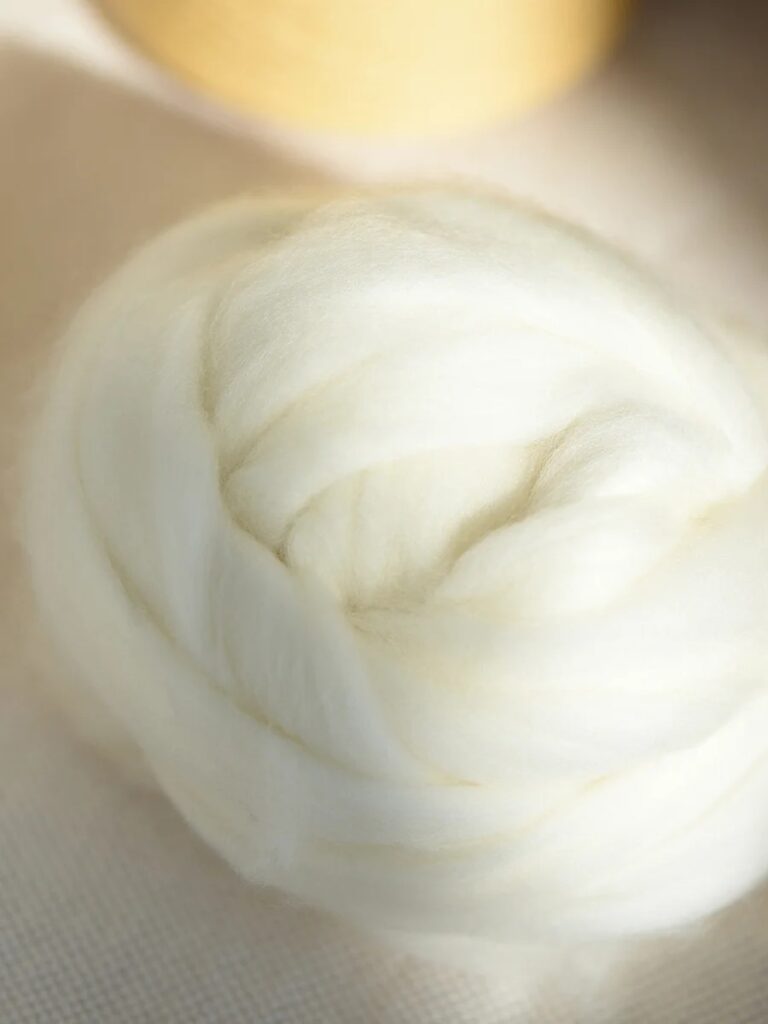
VI. Good Moisture Absorption – Merino wool can absorb a large amount of water vapor and release it into the air. This keeps clothing breathable without feeling sticky or wet.
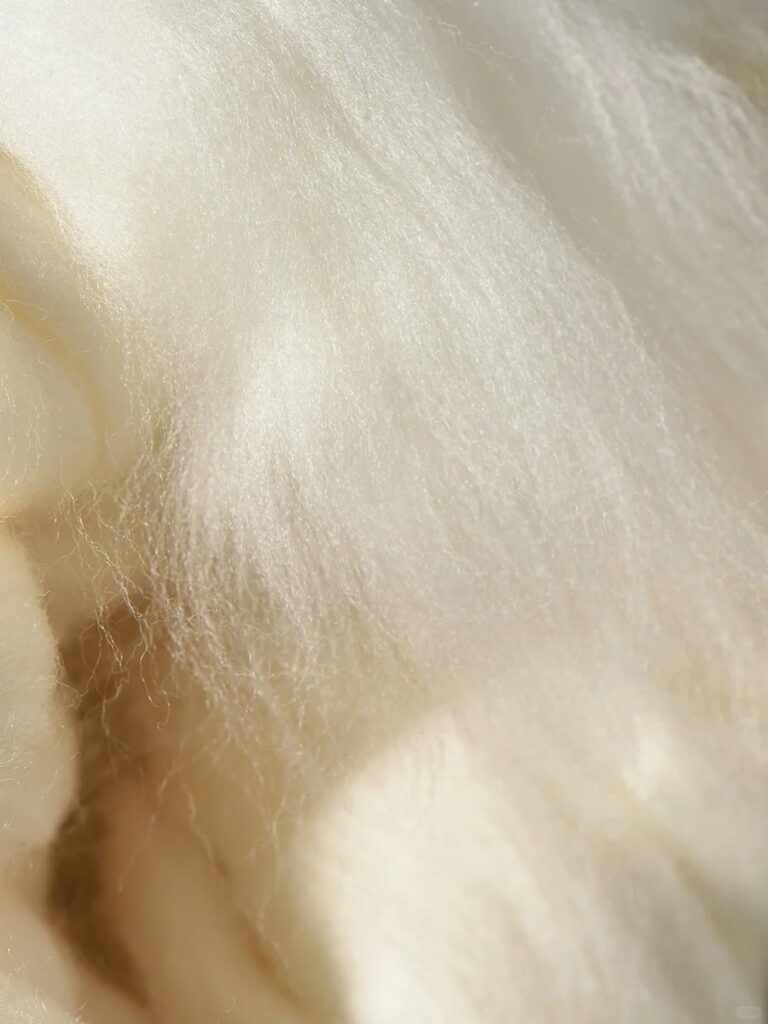
VII. Antibacterial and Deodorant – Merino wool contains a “natural antibacterial factor” that keeps the clothing fresh for a long time. When washed, it releases and removes odor molecules.
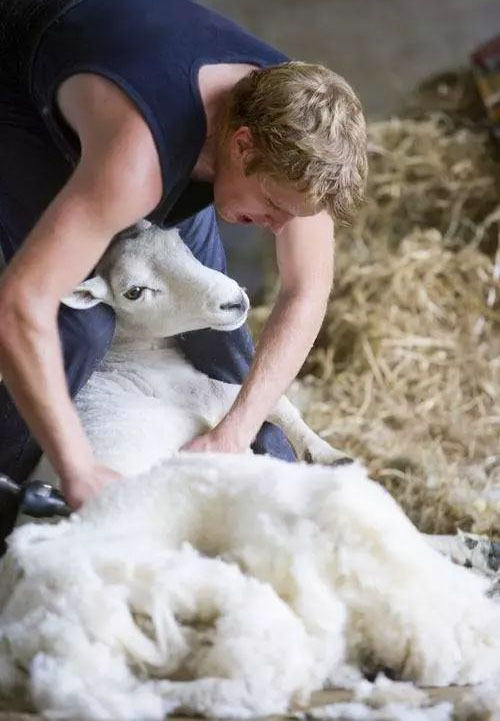
VIII. Suitable for Machine Washing – Conventional wool products aren’t suitable for machine washing. However, after optimizing the production process, 100% Australian Merino wool can resist shrinkage and pilling. Therefore, it is completely safe to machine wash.
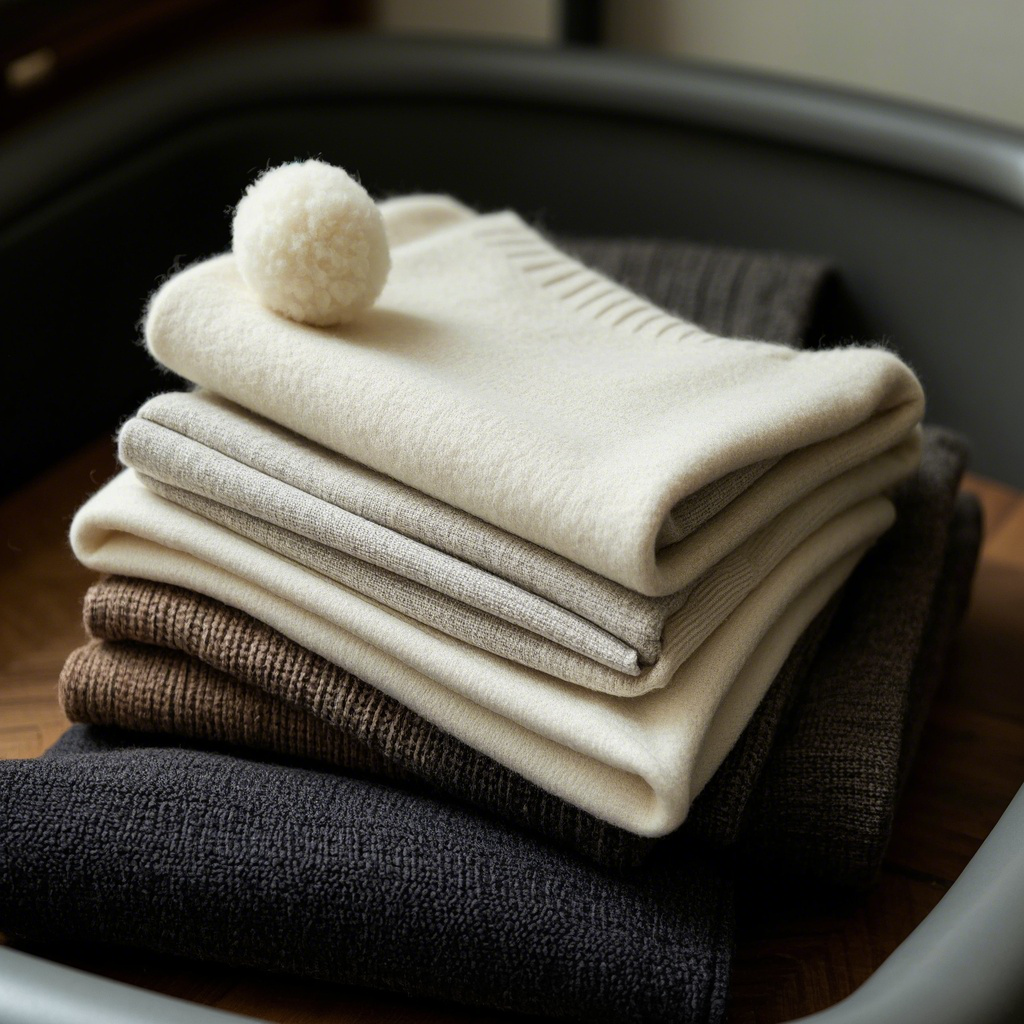
Merino wool is more than just a fabric—it’s a natural innovation that combines luxury with functionality. Its superior softness, versatility, and eco-friendly production make it a favorite among both consumers and designers. Whether you need a cozy sweater, a high-performance jacket, or premium undergarments, Merino wool offers exceptional quality and comfort. Embrace this gift of nature and enhance your wardrobe with timeless pieces made from the world’s finest wool.







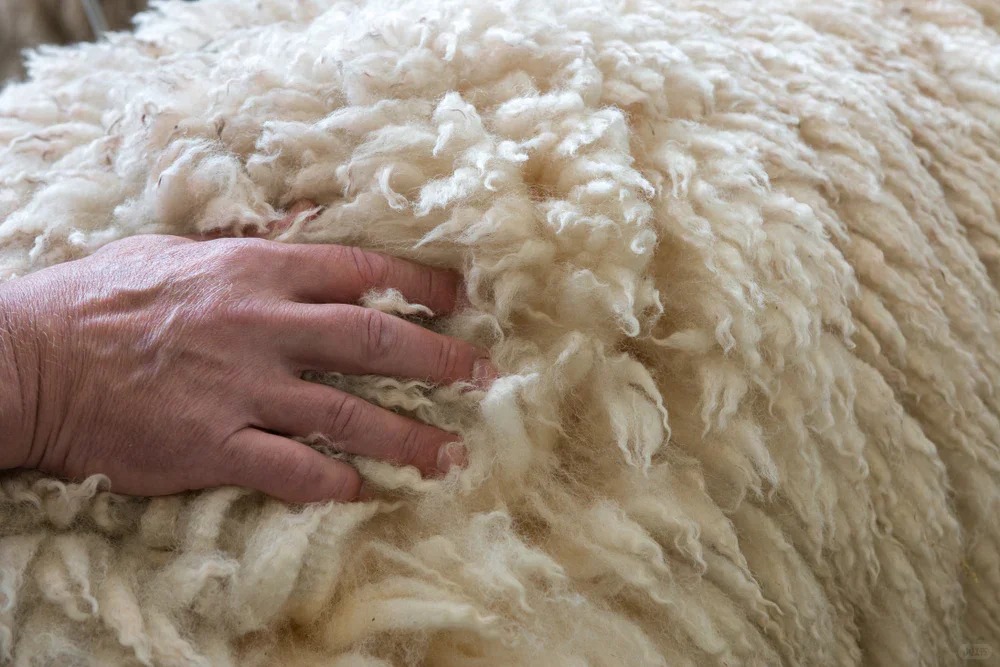

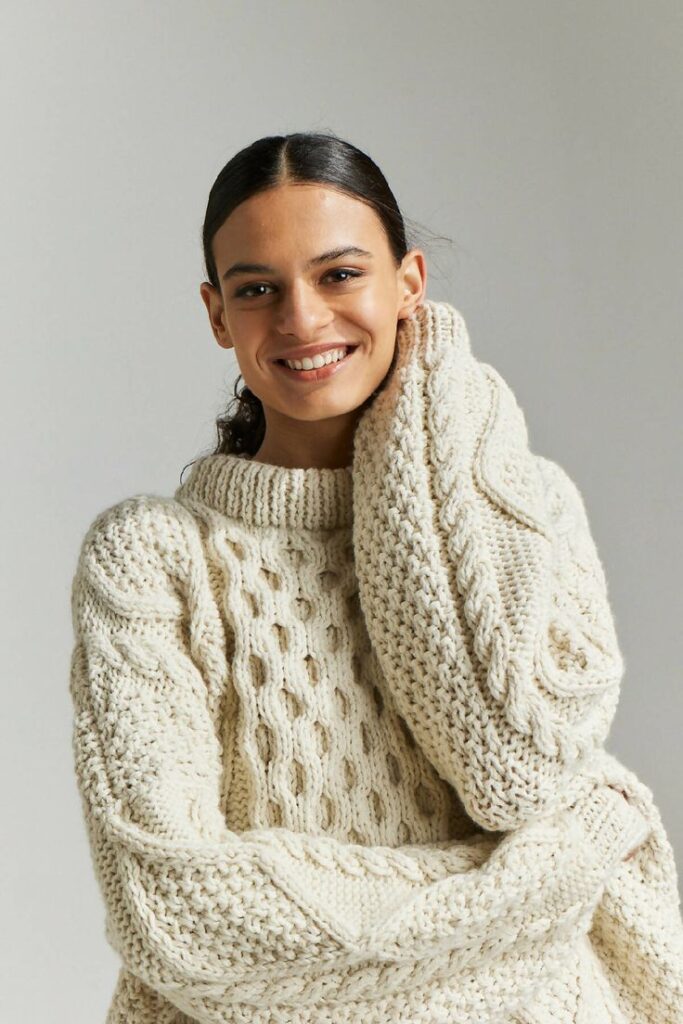




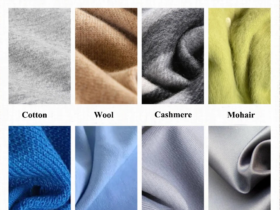
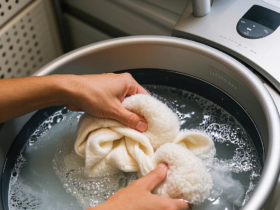



Leave a Reply